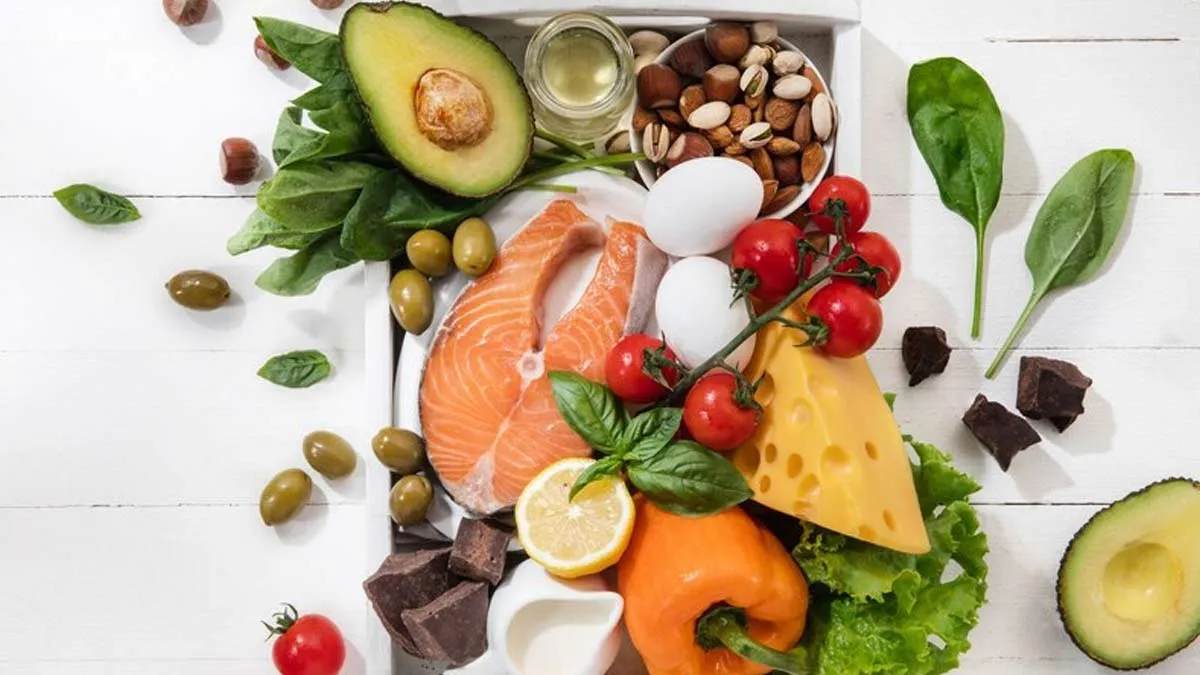
Fatigue is an all-too-common complaint in today’s fast-paced world. If you often feel drained despite getting enough sleep, your diet could be the culprit. One essential nutrient that plays a significant role in energy production is magnesium. This vital mineral supports muscle function, nerve transmission, and energy metabolism. Deficiency in magnesium has been linked to chronic fatigue, poor concentration, and even mental health issues like anxiety and depression.
Table of Content:-
Why Magnesium is Essential for Energy
Magnesium is involved in over 300 biochemical reactions in the body, many of which are crucial for energy production. It helps convert food into energy by activating adenosine triphosphate (ATP), the body’s main energy molecule. Magnesium also regulates muscle and nerve function, ensuring that your body can perform daily tasks without excessive fatigue.
A study published in the journal Nutrients found that individuals with low magnesium levels experienced increased fatigue and muscle weakness. Researchers concluded that maintaining optimal magnesium levels could improve energy levels and physical performance, particularly in older adults.
Signs of Magnesium Deficiency

If you're constantly feeling exhausted, your body might be signaling a magnesium deficiency. Common symptoms include:
- Persistent fatigue
- Muscle cramps or weakness
- Poor sleep quality
- Anxiety or mood swings
- Headaches
- High blood pressure
Also read: Should You Increase Your Magnesium Intake During Winter? Nutritionist Answers
Magnesium-Rich Foods to Boost Energy
Incorporating magnesium-rich foods into your diet is one of the best ways to combat fatigue naturally. Here are some of the best sources of this powerhouse mineral:
1. Dark Leafy Greens (Spinach, Kale, Swiss Chard)
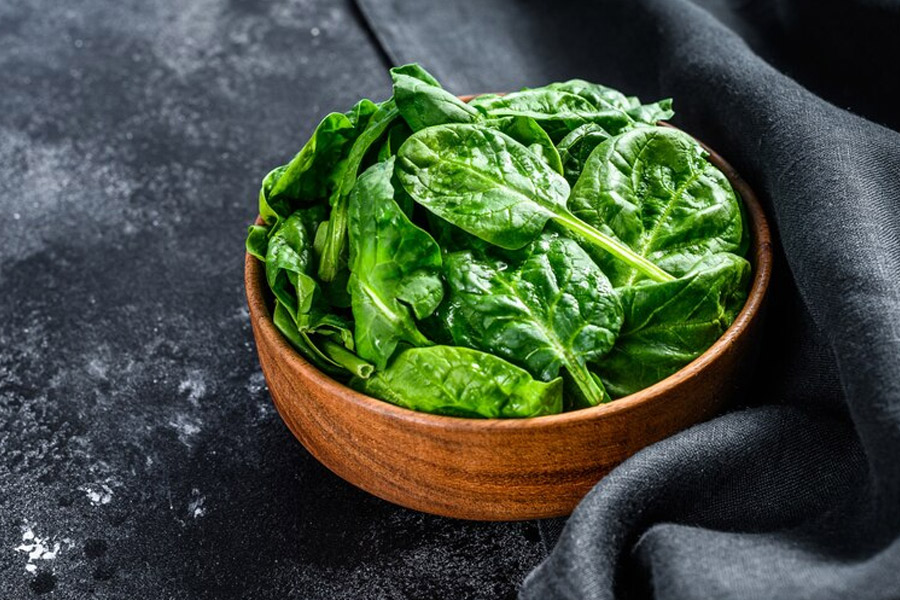
Leafy greens are magnesium powerhouses. A single cup of cooked spinach provides 157 mg of magnesium, nearly 40% of the recommended daily intake. These greens are also rich in iron, another essential nutrient for preventing fatigue.
2. Nuts and Seeds (Almonds, Cashews, Pumpkin Seeds)
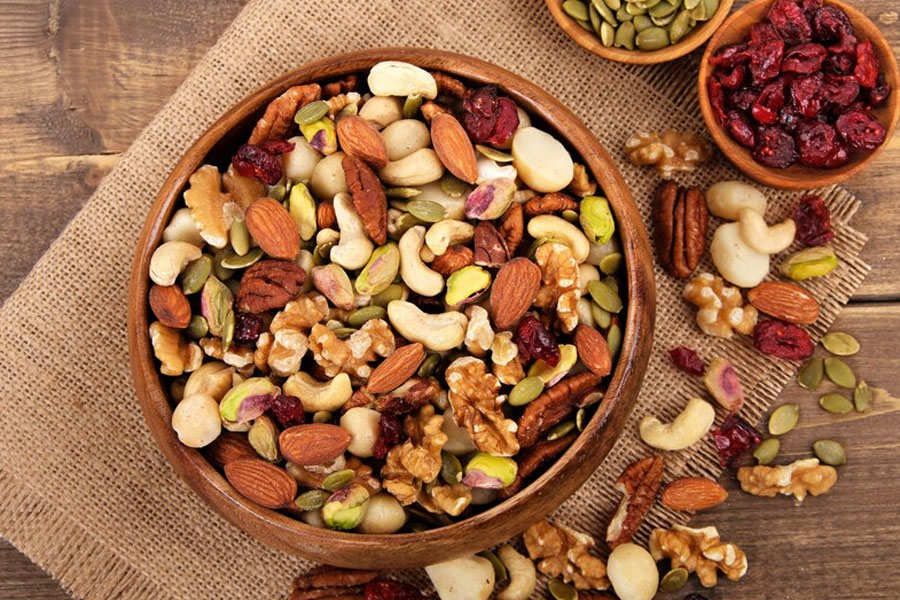
Nuts and seeds are excellent sources of magnesium. Just 30 grams of almonds contain about 80 mg of magnesium. Pumpkin seeds are even better, with 168 mg per 30 grams, about 40% of the daily requirement.
3. Whole Grains (Brown Rice, Quinoa, Oats)
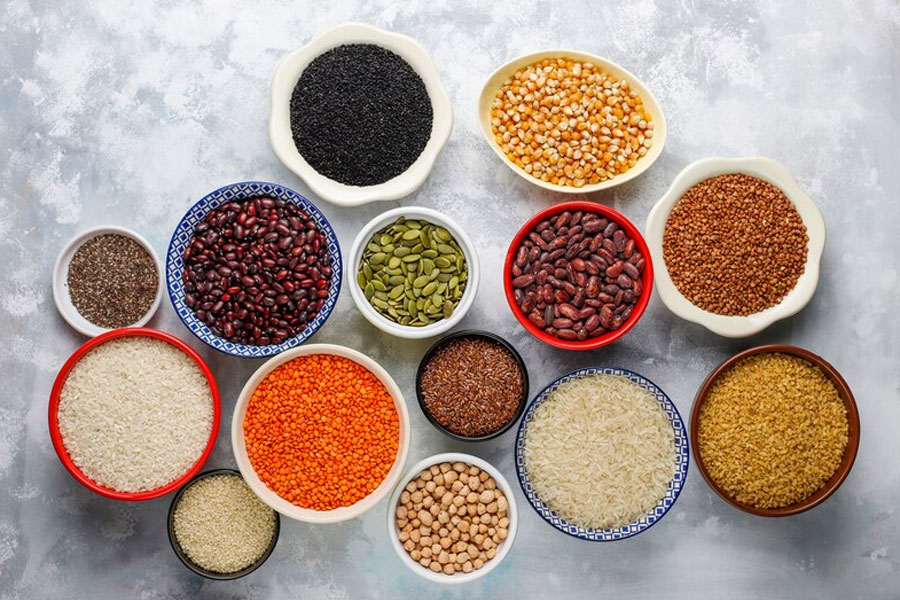
Whole grains are not only good for digestion but also provide a steady release of energy. Quinoa, in particular, contains around 120 mg of magnesium per cup, making it a great option for those looking to boost their intake.
4. Dark Chocolate
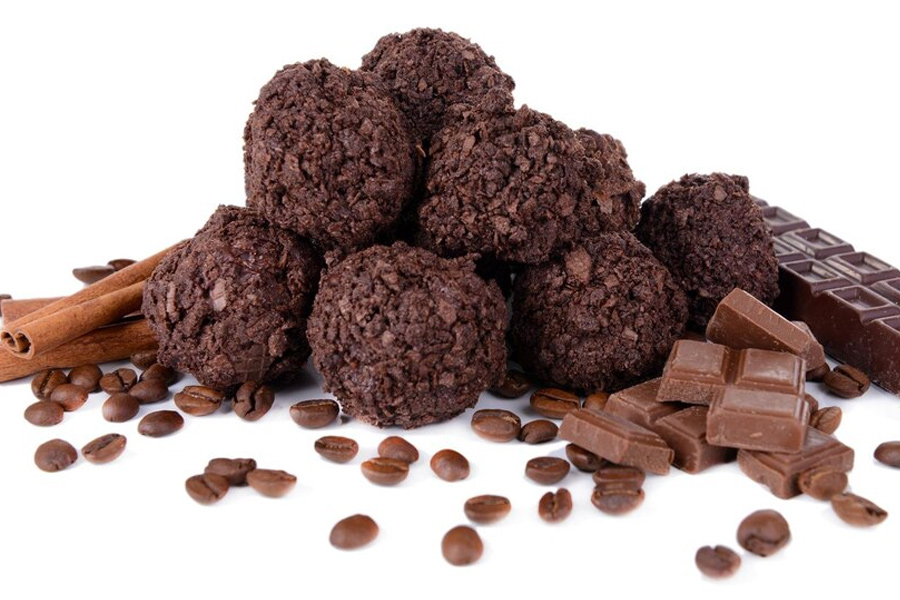
Good news for chocolate lovers! Dark chocolate (at least 70% cocoa) is packed with magnesium. Just 28 grams (one small square) provides 64 mg of magnesium, along with antioxidants that support brain health and reduce stress.
5. Avocados
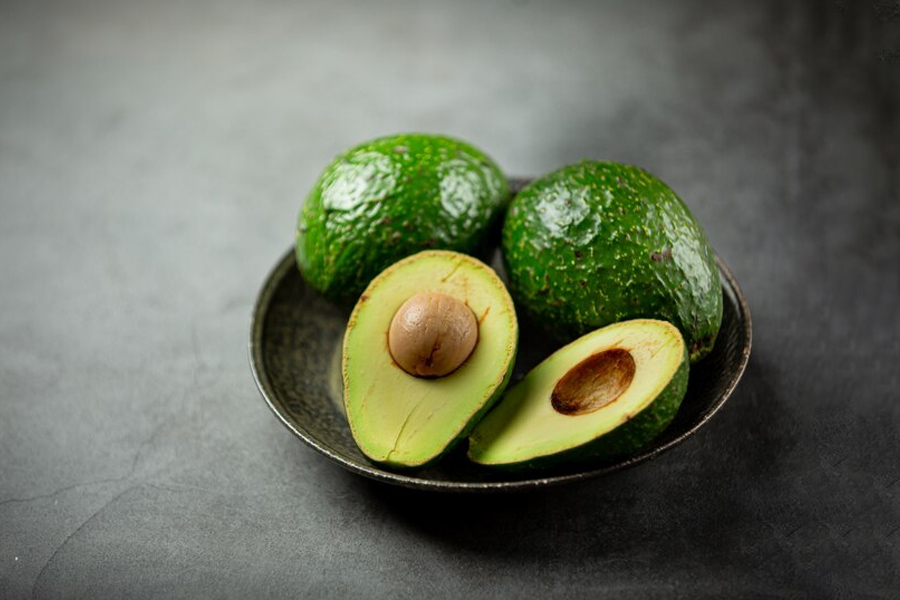
One medium avocado contains around 58 mg of magnesium. Besides being creamy and delicious, avocados are also rich in healthy fats and potassium, which support heart health and energy levels.
6. Bananas

Bananas are often praised for their potassium content, but they also provide a good dose of magnesium, around 37 mg per medium banana. They are an ideal pre or post-workout snack, helping to prevent muscle cramps and fatigue.
7. Fatty Fish (Salmon, Mackerel, Tuna)

Fish like salmon and mackerel are rich in magnesium, omega-3 fatty acids, and vitamin D, all of which support brain function and energy metabolism. A 100-gram serving of salmon provides about 53 mg of magnesium.
8. Legumes (Lentils, Chickpeas, Black Beans)
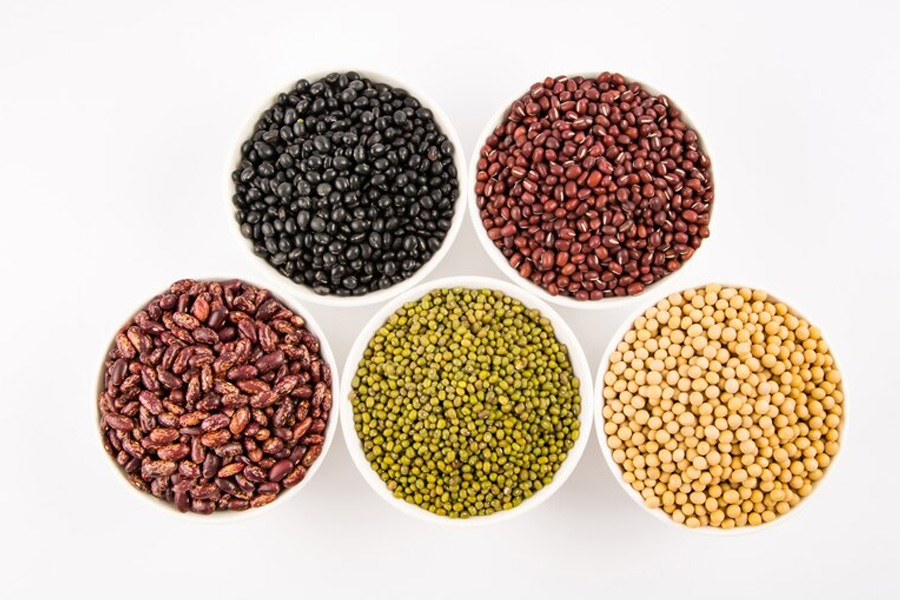
Legumes are an affordable and nutrient-dense source of magnesium. One cup of cooked black beans delivers around 120 mg of magnesium, along with fibre and protein to keep you full and energised.
Also read: Warning Signs Of Magnesium Deficiency: Pain Areas That Demand Attention
How to Improve Magnesium Absorption
Eating magnesium-rich foods is a great start, but ensuring optimal absorption is equally important. Here’s how you can maximise the benefits:
- Pair magnesium with vitamin D (from sunlight or supplements) to enhance absorption.
- Avoid excessive caffeine and alcohol, which can deplete magnesium levels.
- Reduce processed food intake, as these foods are stripped of essential minerals.
- Consider magnesium supplements if your diet lacks sufficient sources, but always consult a healthcare professional before starting any supplement regimen.
Conclusion
If fatigue is weighing you down, increasing your magnesium intake could be the key to regaining your energy. This essential mineral plays a crucial role in both physical and mental well-being, and ensuring adequate levels through a balanced diet can significantly improve energy, mood, and overall health.
By incorporating these magnesium-rich foods into your daily routine, you can combat tiredness naturally and feel more energised throughout the day. So, the next time you're feeling drained, reach for a handful of nuts, a bowl of quinoa, or a piece of dark chocolate, your body will thank you!
Also watch this video
Read Next
Managing Diabetes? Water Alone Won’t Cut It—Try These Drinks to Keep Your Blood Sugar in Check
How we keep this article up to date:
We work with experts and keep a close eye on the latest in health and wellness. Whenever there is a new research or helpful information, we update our articles with accurate and useful advice.
Current Version